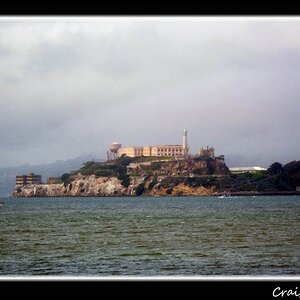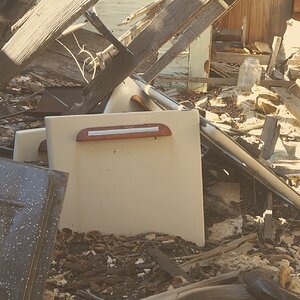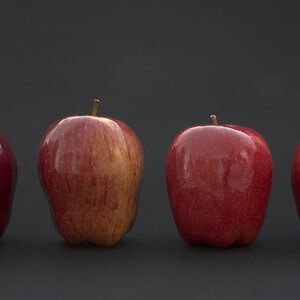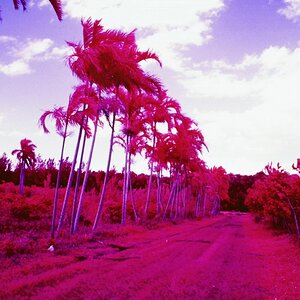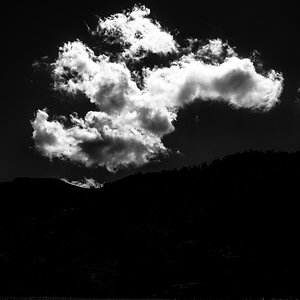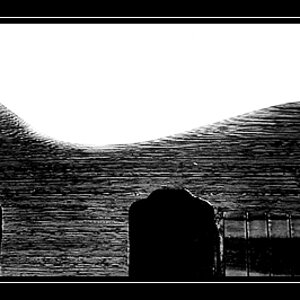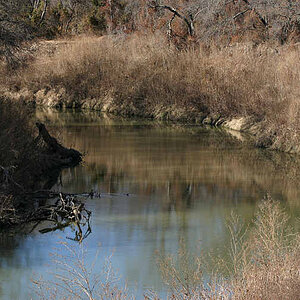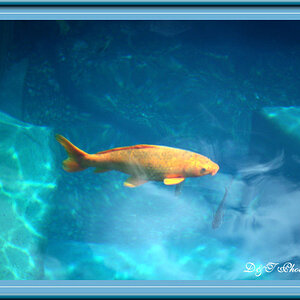LizardKing
No longer a newbie, moving up!
- Joined
- Aug 31, 2011
- Messages
- 757
- Reaction score
- 87
- Location
- Buenos Aires, Argentina
- Can others edit my Photos
- Photos OK to edit
Alright guys. Didn't mean to start all this discussion. I always forget how people tend to overreact and create a big deal out of nothing in phorums.
I won't argue with you, since you all seem to have way more experience than me and I'm not even in disagreement.
Now, I could be wrong, but I definitely believe that -in photography- you get what you pay. Kit lenses are fine, but there's a whole bunch of lenses out there better than the kit lenses, and sometimes they're not even that much more expensive.
It all depends on the needs and budget of the OP.
Regards,
LizardKing
I won't argue with you, since you all seem to have way more experience than me and I'm not even in disagreement.
Now, I could be wrong, but I definitely believe that -in photography- you get what you pay. Kit lenses are fine, but there's a whole bunch of lenses out there better than the kit lenses, and sometimes they're not even that much more expensive.
It all depends on the needs and budget of the OP.
Regards,
LizardKing


